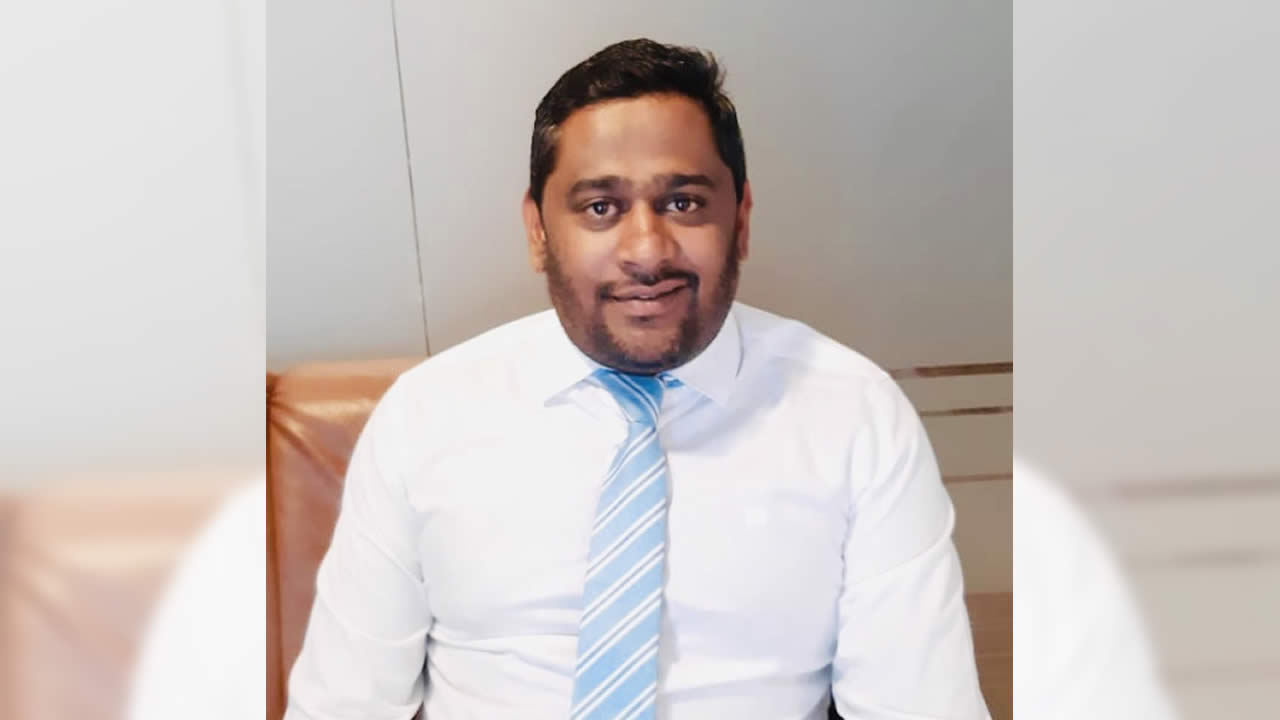
Ganessen Chinnapen, Economist by profession specialises in macroeconomic development. He has 10 years of professional experience in UK, Mauritius and across Africa. He is an alumni and a visiting researcher at the University of Manchester, UK and has been writing a lot on the shift of economic power and leadership from west to east. Ganessen is also an economic consultant for DFID and Plan International. He agrees to share his views with News on Sunday on various issues.
Do you think the profession of ‘economist’ is given its due recognition in Mauritius?
It is important to demystify the role of an economist; Economists apply economic analysis to issues within a variety of fields, such as education, health, development, and the environment. Some economists study the cost of products, healthcare, or energy. Others examine employment levels, business cycles, or exchange rates. Still, others analyze the effect of taxes, inflation, or interest rates. Economists often study historical trends and use them to make forecasts. Economists are given due recognition not only in Mauritius but also worldwide. They are the policy designers to improve the standard of living and quality of life of the citizens, advise business organisations to be sustainable and more importantly advise government to manage public finance prudently.
How do you see the current state of the economy?
The Mauritian economy has always been lauded for its economic transformation since independence, shifting from a mono crop economy to a service led economy. Today, the global economic landscape is different; we are in an integrated world economy prone to external shocks and geopolitics challenges. This is having a severe repercussion on the Mauritian economy. We are also faced with demographic imbalances and in the years to come, we will have workforce challenges coupled with high social security and pension outflows which will baffle state funds. To boot, the plummeting repo rate has confirmed that private sector firms do not want to take the risk for further investment that would lead to employment generation. On the international front, we are faced with a widening current account deficit where we are importing more than our exports. It is high time to re-steer the economy towards a virtuous era of prosperity.
What are the major challenges you see ahead and how to tackle them?
The major challenges ahead are:
(i) The demographic imbalances
(ii) The sustainability of our pension system
(iii) Second, the fading off of our manufacturing sector
(iv) The excess liquidity in the economy and the risk aversion of the private investors
(v) The overdependence on imports leading to the widening of the current account
(vi) The growing household debts in the Mauritian economy
It is high time to take bold structural reform and politicians will never want to venture in this as it might jeopardise their political gain, but the Mauritian economy is at the crossroads and bold reforms are a must now to revitalize the economic fundamentals and spur a sustainable growth. It is also sad to observe that there have been several unviable economic measures that have been taken just for political gains.
Is Mauritius being run on outdated business models?
Unless we do not revisit our economic model, we will remain in an economic status quo. We need to rise to several sectoral challenges and revamp them and create growth enablers to re-ignite growth while at the same ensure a sustainable public financial management. I would like to see the state in a more entrepreneurial role as is the case in Singapore, China and Rwanda. If the private sector firms are no more in a position to create jobs by avoiding taking risk and invest. The state should take the lead, develop value added enterprises that will create jobs and contribute to the GDP of the Mauritian economy, but for this to be effective, it is paramount to clean up political biasness in state-owned enterprises, promote meritocracy, transparency and value human capital and talents rather than favoring political entourage.
Is it necessary that a Finance Minister should be a career economist?
Seeing the complex, volatile and uncertain global economic landscape, I think we have to follow suit of what Singapore and Canada has done recently, in other words, ensuring that all ministerial portfolios are linked to the person based on his or her professional experience, expertise and educational background. Tharman Shanmugaratnam, the Finance Minister of Singapore, is doing phenomenally well to steer the Singaporean economy to its next development phase. Same is for Canadian Finance Minister, Bill Morneau. They are economists and they have remained economists even after being in position as Finance Ministers. Luckily, they have not turned into politicians.
What advice do you have for our youngsters wishing to choose economics as a field of study?
Economics is fascinating; it is both an art and a science which is so interesting and ever-changing. In economics, you just have to learn, unlearn and relearn. It is an enriching career prospect with a plethora of opportunities across several sectors both in Mauritius and abroad. At the same time, it demands lots of efforts and perseverance.
 J'aime
J'aime














